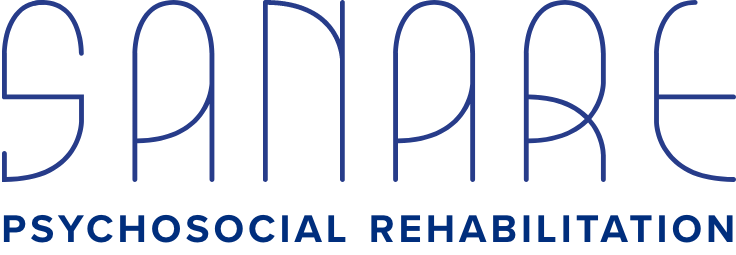Understanding Complex Trauma: A Comprehensive Guide to cPTSD in Adults
Trauma is a deeply distressing and overwhelming experience that can leave lasting scars on the mind, body, and soul. While most people are familiar with the concept of PTSD (Post-Traumatic Stress Disorder), there is another type of trauma that affects millions of adults worldwide - complex post-traumatic stress disorder or cPTSD. Unlike PTSD, which stems from a single traumatic event, cPTSD results from chronic exposure to multiple traumas over an extended period. In this comprehensive guide to understanding complex trauma in adults, we will explore what it is, its symptoms and causes, treatment options available for those affected by it, and ways to cope with its effects on your daily life. Whether you or someone close to you has experienced cPTSD, this article will provide valuable insights into navigating through the complexities of living with trauma.
What is Complex Trauma?
Complex trauma is a type of psychological trauma that occurs as a result of exposure to multiple traumatic events, typically over a prolonged period of time. It is often associated with a history of childhood maltreatment, abuse, or neglect.
Complex trauma can have a profound effect on an individual’s mental and physical health. It can lead to the development of chronic post-traumatic stress disorder (PTSD), as well as other mental health disorders such as depression, anxiety, and substance abuse. Complex trauma can also adversely affect physical health, leading to problems such as chronic pain and fatigue.
Individuals who have experienced complex trauma often find it difficult to trust other people and to develop close relationships. They may feel isolated and alone. They may also struggle with self-esteem issues and have difficulty controlling their emotions. Complex trauma can make it hard for people to cope with everyday life and can lead to problems in school or work.
Symptoms of cPTSD in Adults
There are a number of symptoms that are associated with cPTSD in adults. These can include:
-Flashbacks of the traumatic event or events
-Nightmares
-Intrusive thoughts or memories of the trauma
-Avoidance of people, places, or things that remind the individual of the trauma
-Negative changes in mood and thought patterns, including feeling hopelessness, mistrust, disconnection, and isolation
-Difficulty regulating emotions, leading to outbursts of anger or sadness
-Constantly feeling on edge and hypervigilant
-Difficulty sleeping or concentrating
-Startle reactions
-Body memories
Effects of cPTSD in Adults
While the effects of cPTSD in adults can vary from person to person, there are some common symptoms and effects that are associated with the condition. Many people with cPTSD struggle with chronic feelings of sadness, anger, fear, and anxiety. They may have difficulty sleeping or concentrating, and may often feel on edge or “keyed up.”
Many people with cPTSD also experience problems with their relationships. They may have trouble trusting others or feeling safe in the world.
Coping Strategies for cPTSD in Adults
There are a number of coping strategies that can be helpful for adults who have cPTSD. Some people find that therapy, medication, and self-care help them to cope with the symptoms of cPTSD. Others find that they need to read about or talk to others who have cPTSD in order to feel understood and supported. Here are some specific coping strategies that may be helpful for you:
• Seek professional help: If you’re struggling to cope with the symptoms of cPTSD, it’s important to seek professional help. A therapist can help you understand your experiences and develop healthy coping mechanisms.
• Join a support group: There are many online and in-person support groups for people with cPTSD. Talking to others who understand what you’re going through can be incredibly helpful.
• Practice self-care: It’s important to take care of yourself both physically and emotionally if you have cPTSD. This may include exercise, relaxation techniques, and healthy eating.
• Seek social support: Spending time with family and friends can help you feel connected and loved. This supportive network can be crucial during difficult times.
Conclusion
Complex trauma can be a difficult and complex issue to navigate, but with the right help and understanding, it is possible to find healing. We hope that this comprehensive guide has given you an insight into what cPTSD is and how to go about helping yourself or someone else dealing with it. Reach out to the mental health professionals at Sanare Psychosocial Rehabilitation and they would be happy to connect you with resources that may be helpful.
